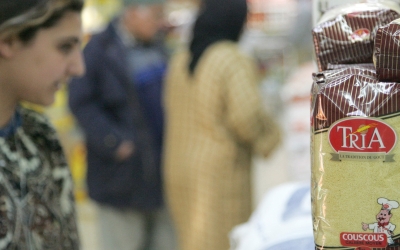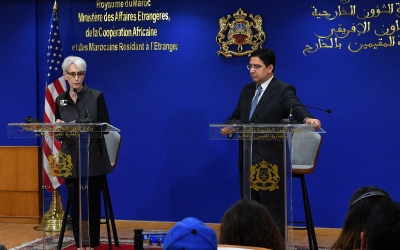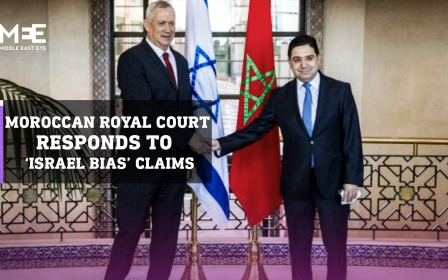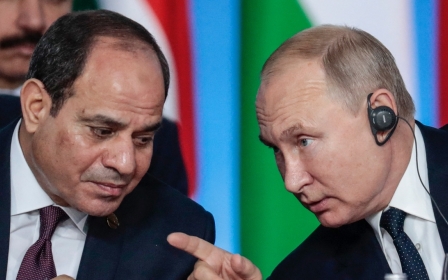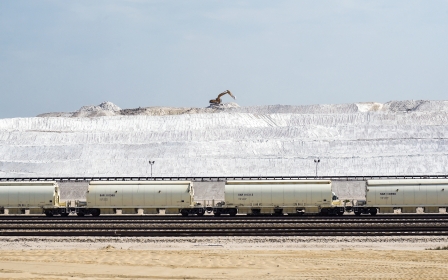US approves $524m sale of Himar rocket launchers to Morocco
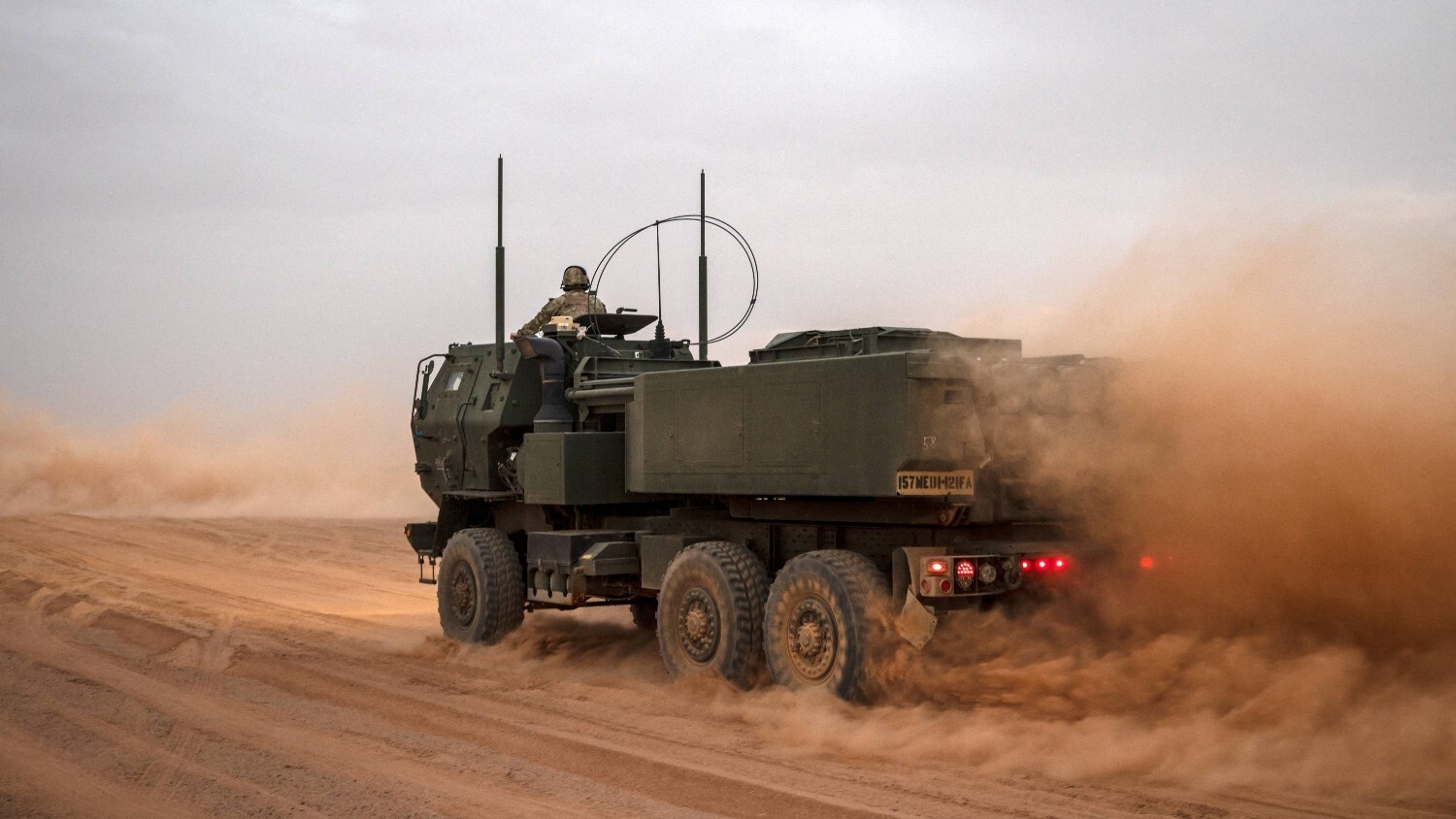
The Biden administration on Tuesday approved the potential $524m sale of 18 Himar mobile artillery systems for Morocco, a key North African ally and military partner in the volatile Sahel region.
The US State Department notified Congress of the proposal on Tuesday, which includes the sale of Tactical Missile Systems and Guided Multiple Launch Rocket Systems. In a separate statement, the Department of Defence approved a $250m sale of precision-guided air-to-ground bombs to Rabat.
Morocco is a major non-Nato ally and a close partner with Washington on counterterrorism operations. It participates in more than 100 military exercises with the US each year. Along with Tunisia and Senegal, it co-hosts Africa Lion - the largest military exercise in Africa.
If the sales are approved, Morocco would be the first North African country to obtain Himars, or High Mobile Artillery Rocket Systems, which are mounted on a six-wheeled vehicle and operated by a crew of three. Guided rockets launched by Himars are used for medium-range precision strikes up to 70km.
The proposed sale of long-range M57 Army Tactical Missile Systems to Morocco is notable because Washington has ruled out sending them to Kyiv for fear it could escalate the war in Ukraine.
New MEE newsletter: Jerusalem Dispatch
Sign up to get the latest insights and analysis on Israel-Palestine, alongside Turkey Unpacked and other MEE newsletters
Interest in the rocket launch system has grown as a result of its effective use by Ukrainian forces against Russia.
Himars are highly-mobile, allowing small operating crews to launch missiles and quickly disperse before being spotted by the enemy. They can also be easily loaded and unloaded onto C-130 cargo planes which Morocco maintains.
Lockheed Martin, the US defence contractor that makes Himars, said in February that it was expanding production of the unit amid surging interest. In the Arab world, only Jordan and the UAE currently boost Himars in their arsenal.
Morocco generally enjoys broad bipartisan support in Congress, which needs to approve the deal, making the sale likely. Republican Senator Jim Inhofe, one of Rabat’s fiercest critics over its policies in Western Sahara, retired this year.
Morocco annexed the sparsely populated territory in 1975 after the end of Spanish colonial rule. Since then it has been engaged in sporadic fighting with the Polisario Front, a rebel movement which established the self-declared Sahrawi Arab Democratic Republic in 1973.
Around 175,000 Sahrawi refugees live in camps across the border in Algeria. Rabat accuses its neighbour, and arch-rival, of arming the rebels, a charge Algeria denies.
The US recognised Morocco’s sovereignty over the disputed territory in 2020 in exchange for Rabat's normalisation of ties with Israel. The Biden administration came under pressure to roll back the Trump administration’s decision, but has said there is "no change" in the US position.
In January, reports emerged that Morocco had sent Soviet-era T-72 tanks to Ukraine. Rabat denied the claim, saying the lethal aid was sent to Ukraine from the Czech Republic without its permission.
Marrakech weddings and fertiliser
Morocco has tried to strike a balance between its US ally and Moscow.
Like other Arab states, Morocco is reliant on grain from Russia and Ukraine. Wealthy Russians have also been a fixture at the decadent nightclubs of Marrakech. President Vladimir Putin reportedly celebrated his daughter's 2012 marriage at the glitzy La Mamounia Hotel in the city.
But Morocco has also seen some benefits from the war. Profits at state-owned fertiliser producer OCP Group surged 272 percent after fighting disrupted global fertiliser markets.
In June, King Mohammed VI sent Putin a letter celebrating their countries' relationship. Four months later, the Ministry of Energy reached an agreement on nuclear power with Rosatom, a Russian state corporation that has assisted Russia's war effort.
The proposed sale comes as the West looks to make inroads with Algeria, Morocco’s arch-rival. According to the Wall Street Journal, oil giant Chevron is looking to sign an energy exploration deal with Algiers.
Morocco and Algeria have been engaged in an arms race for decades. Algerian President Abdelmajid Tebboune is expected to visit Moscow next month.
The Department of Defence said the proposed sales “will not alter the military balance in the region”, adding that the systems will “improve Morocco’s capability to meet current and future threats and will contribute to Morocco’s ability to detect threats and control its borders, contributing to the maintenance of regional stability and security”.
This article is available in French on Middle East Eye French edition.
Middle East Eye delivers independent and unrivalled coverage and analysis of the Middle East, North Africa and beyond. To learn more about republishing this content and the associated fees, please fill out this form. More about MEE can be found here.


